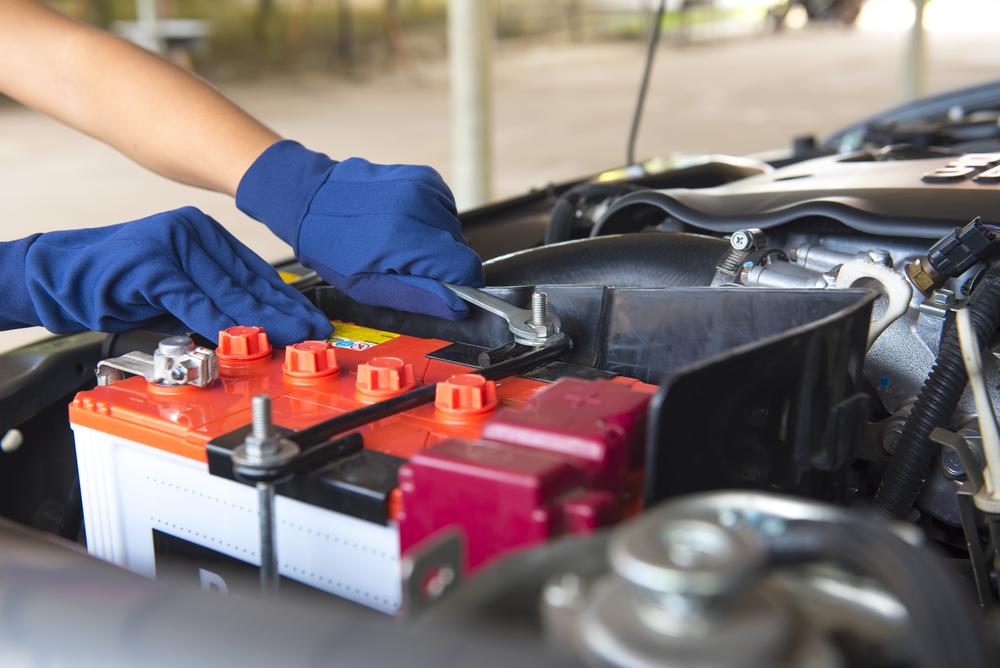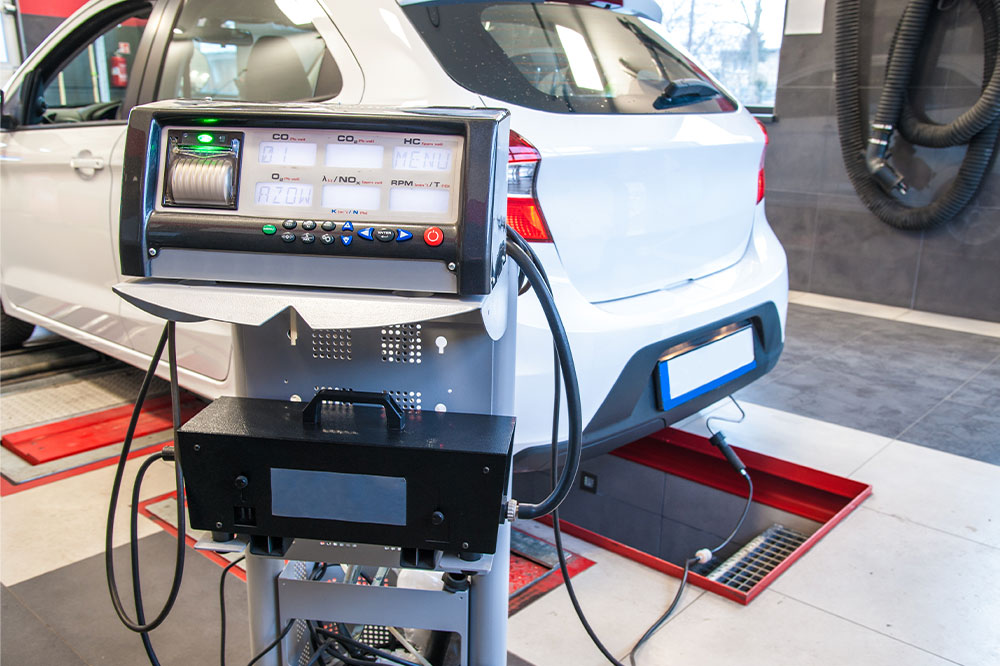Comprehensive Guide to Selecting the Ideal Car Battery for Your Vehicle
Choosing the right car battery is vital for vehicle performance and safety. This comprehensive guide covers types, climate considerations, disposal, and maintenance tips to help car owners select and care for their batteries effectively, ensuring reliable vehicle operation and environmental responsibility.

Comprehensive Guide to Selecting the Ideal Car Battery for Your Vehicle
Choosing the right car battery is a crucial step towards ensuring your vehicle operates smoothly and reliably. The car battery not only energizes your engine starting system but also powers numerous electronic devices and accessories. A well-chosen battery can prevent unexpected breakdowns, improve fuel efficiency, and extend your vehicle’s lifespan. Therefore, understanding the various aspects of car batteries, including types, features, and maintenance tips, is essential for every vehicle owner.
Begin your selection process by consulting your vehicle’s owner’s manual. Manufacturers often specify the recommended battery type and size to optimize performance and compatibility. It’s also helpful to read reviews from reputable automotive experts and consumer testing organizations to gauge the reliability and durability of different batteries. When purchasing, consider factors such as climate conditions, driving habits, and whether your vehicle is subjected to rough terrains or frequent short trips.
Proper disposal of your old battery is equally important. Lead-acid batteries contain toxic materials and must be recycled responsibly to prevent environmental pollution. Many auto parts stores and recycling centers accept used batteries for proper disposal. This eco-friendly practice not only protects the environment but also complies with legal regulations.
When selecting a car battery, pay close attention to its capacity (measured in Cold Cranking Amps - CCA), reserve capacity, and warranty coverage. For example, if you live in a cold climate, opt for batteries with higher CCA ratings to ensure your vehicle starts reliably during winter months. Conversely, in hot regions, batteries designed for thermal stability are preferable to prevent overheating and premature failure.
In addition to choosing the right type, consider the battery’s maintenance requirements. Maintenance-free batteries are increasingly popular as they eliminate the need for regular electrolyte checks and refilling. Vibration-resistant batteries are recommended for off-road vehicles or those frequently driven on uneven terrains.
Before making your final purchase, review online ratings and feedback from other vehicle owners. Avoid buying outdated or used batteries that might have compromised performance. Once installed, schedule regular battery checks, ideally annually, at a trusted automotive service center. Test your battery’s state of charge and overall health to catch potential issues early. If signs of weakness, such as slow engine starts, dimming headlights, or corrosion, appear, promptly replace your battery to avoid breakdowns.
Understanding these key aspects enables you to select a high-quality, reliable car battery tailored to your specific needs. Maintaining your battery properly is vital for vehicle reliability, safety, and environmental responsibility.
Car Battery Selection
Vehicle Maintenance
Battery Longevity
Environmental Responsibility





